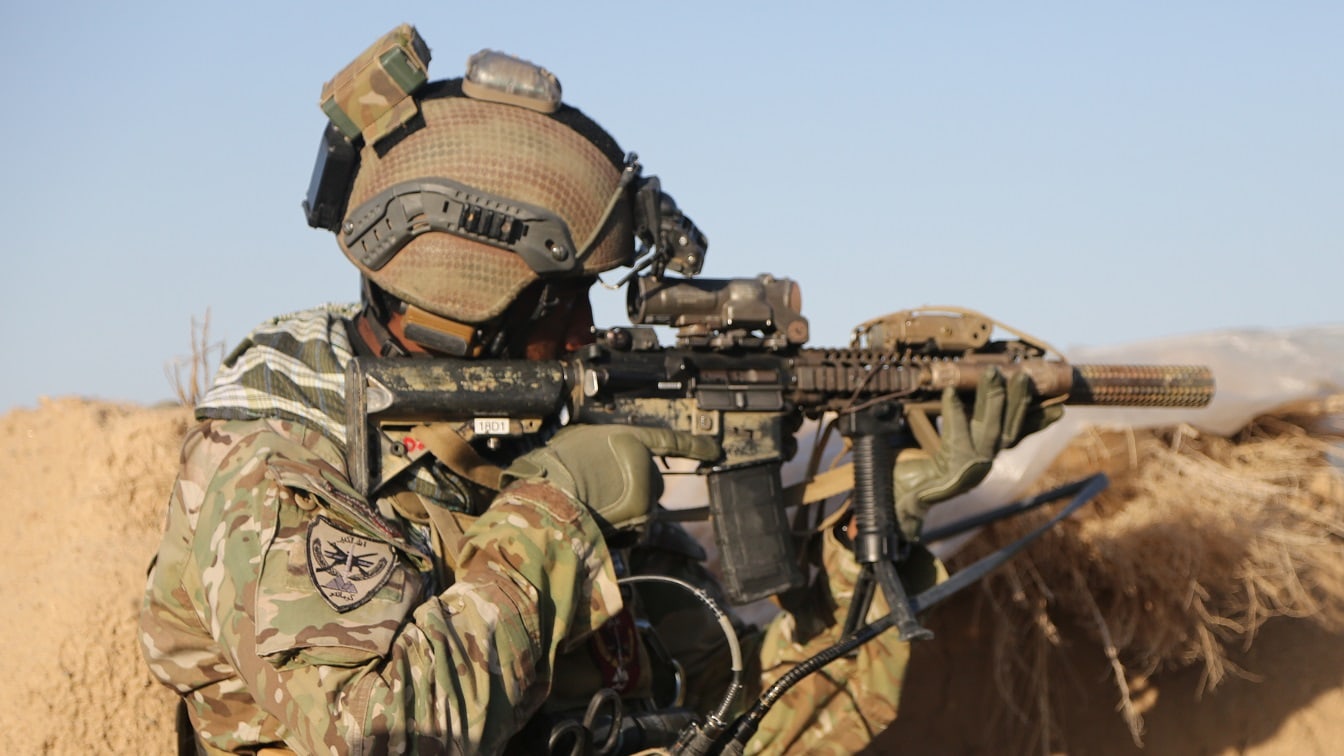One of the most important special operations exercises in the Western Hemisphere is ending today. Exercise Fuerzas Comando 2022 started in Honduras with the participation of hundreds of special operators from across Central and South America, and the U.S.
Fuerzas Comandos!
All in all, special operations teams from 17 countries are participating in Fuerzas Comando, competing for the title of the “Best Special Forces of the Americas.”
Fuerzas Comando rotates between countries. This year’s host is Honduras, but the U.S. Special Operations Command South (SOCSOUTH) is taking the lead in executing command for the training event. SOCSOUTH is the special operations component of the U.S. Southern Command, which is responsible for Central and South America.
“This event is an opportunity to share stories and best practices and build lasting relationships against malign state actors seeking to usurp democracy. We stand united for the rule of law, human dignity, and democracy,” U.S. Army Colonel Jay Brooke, the deputy commanding officer of Special Operations Command South, said in a press release.
According to the Pentagon, U.S. special operations forces from across all branches, but primarily from the Army, are providing training and subject matter exchanges to allied and partner militaries in the region in order to bolster ties and interoperability.
But the unit that has been taking the lead in organizing Fuerzas Comando and working with allied and partner special operations units in the area is the U.S. Army’s 7th Special Forces Group (Airborne).
For decades now, the 7th Special Forces Group has been deploying to the region. The unit’s Green Berets have Central and South America as their designated area of operations and have been deploying there for decades, developing close relationships with many militaries. As a result, they are the natural choice of unit to take the lead in the Fuerzas Comando exercise.
“Without a doubt, this event is an opportunity to strengthen our alliances to respond to emergencies. I want to recognize Honduras for planning, organizing, and executing this exercise as it is not easy to host an event like this,” U.S. Ambassador Laura F. Doguto for the Republic of Honduras said.
Whole-of-Government Approach in Latin America
According to the Department of Defense, Fuerzas Comando is important because it promotes and enhances multinational and regional cooperation through persistent and consistent engagements with allied and partner militaries across Central and South America.
“Mutual security cooperation is part of combined deterrence which cannot be created instantaneously but must be cultivated and maintained. As America’s allies and partners deploy alongside U.S. forces during future conflicts, the benefit of these relationships will again prove to be irreplaceable,” the Pentagon states.
In order to be more effective in combating violent extremist organizations, near-peer adversaries, and organized transnational criminal organizations, the Pentagon has been working with the State Department and the Intelligence Community, among other parts of the U.S. government, in a whole-of-government approach.
1945’s New Defense and National Security Columnist, Stavros Atlamazoglou is a seasoned defense journalist specializing in special operations, a Hellenic Army veteran (national service with the 575th Marine Battalion and Army HQ), and a Johns Hopkins University graduate. His work has been featured in Business Insider, Sandboxx, and SOFREP.

